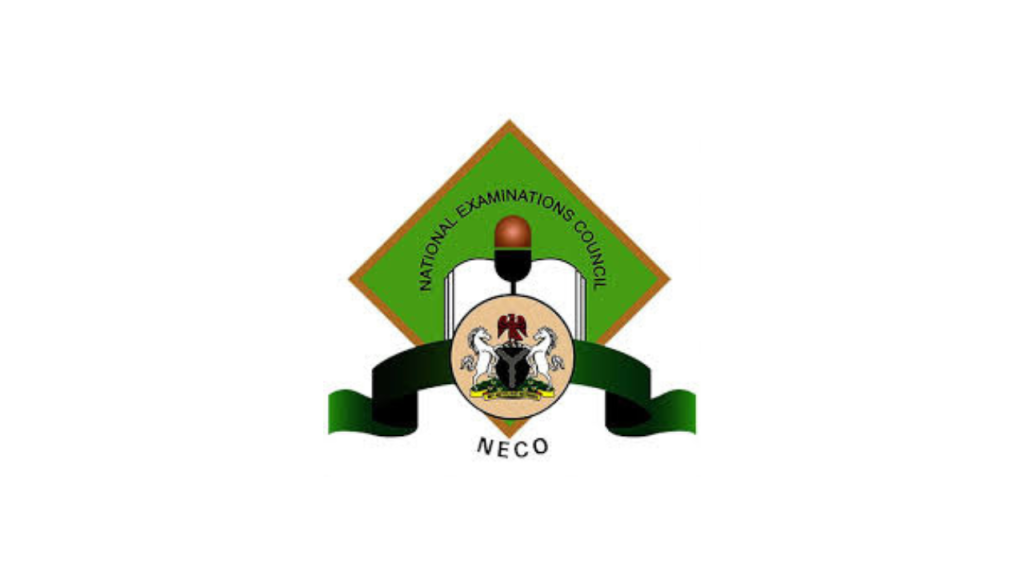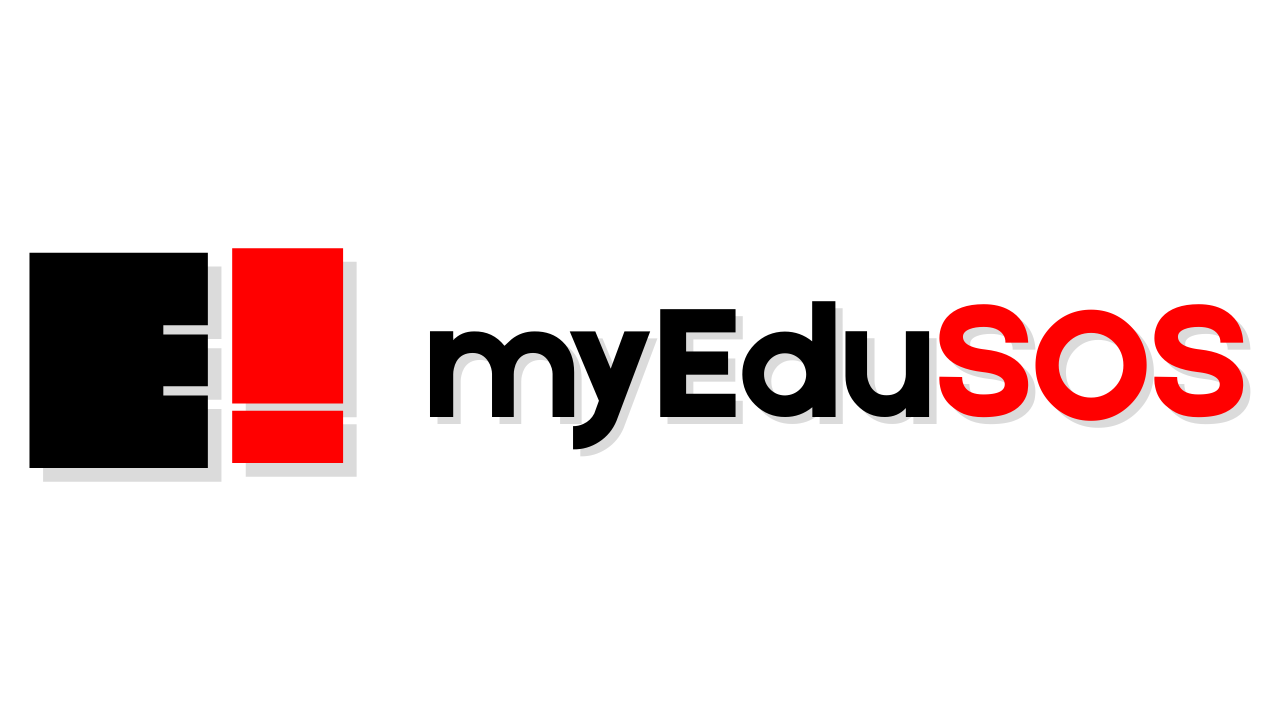NECO Announces 2025 SSCE Results
The National Examinations Council (NECO) has officially released the results of the 2025 Senior School Certificate Examination (SSCE), one of Nigeria’s most critical secondary school exit examinations. According to the figures released by the council, 60 per cent of candidates passed with five credits and above, including English Language and Mathematics, the minimum requirement for entry into Nigerian universities, polytechnics, and colleges of education.
In addition to this, 84.26 per cent of students achieved at least five credits in all subjects combined, irrespective of English and Mathematics. This higher figure indicates that while many students performed well across a range of subjects, a significant portion still fell short in English and Mathematics, which are core entry requirements.

Breakdown of Performance: 2023–2025 Trends
Looking at performance over the past three years, the results reveal a pattern of consistency rather than dramatic improvement:
- 2025: 60%
- 2024: 60.55%
- 2023: 61.60%
While the fluctuations are minor, the figures suggest that Nigeria’s SSCE performance has been hovering around the 60 per cent mark, reflecting stability but also showing that a breakthrough beyond this benchmark has yet to be achieved.
Why the NECO SSCE 2025 Results Matter?
For thousands of Nigerian students, the NECO SSCE is more than just an examination; it is the gateway to higher education and future career opportunities. Securing five credits, including English and Mathematics, is the standard requirement for gaining admission into tertiary institutions in Nigeria.
The results also matter to:
- Parents and guardians see it as a measure of their children’s readiness for university education.
- Teachers and schools use the statistics to evaluate their performance and identify subject areas that need more attention.
- Government and policymakers who analyse the results to guide education reforms, curriculum adjustments, and resource allocation.
Challenges Reflected in the Results
Although the 84.26 per cent credit pass rate across all subjects is encouraging, the lower 60 per cent rate, including English and Mathematics, highlights ongoing challenges:
- English Language remains a stumbling block for many candidates, affecting their eligibility for higher education.
- Mathematics performance continues to be a decisive factor, often separating eligible candidates from those who need to rewrite the exam.
- Teaching quality and resource gaps in secondary schools play a role in the inability to push pass rates beyond the current plateau.
These issues underscore the need for targeted interventions in teaching methods, teacher training, and student support, especially in core subjects.
What’s Next for Students
With the results now released, the next steps for candidates include:
- Checking results online through the NECO result portal or using result tokens.
- Applying for university and polytechnic admissions, using their SSCE results to meet entry requirements.
- Rewriting deficient subjects (for those who did not secure credits in English or Mathematics) to improve their eligibility.
- Exploring alternative options, such as vocational training or diploma programs, for students whose results may not yet meet university entry requirements.
Check your NECO result here
Implications for Nigerian Education
The 2025 results raise important questions about the state of Nigeria’s education system. While the steady performance demonstrates resilience, it also signals the need for bold reforms that can break the cycle of near-static outcomes.
Improving teacher quality, investing in educational infrastructure, and incorporating technology in learning could be key to unlocking better results in future SSCE examinations. Stakeholders also stress the importance of early preparation and continuous assessment in schools, rather than relying solely on end-of-year exams.
The release of the 2025 NECO SSCE results marks a turning point for Nigerian students, parents, and educators. With 60 per cent of candidates achieving the required five credits, including English and Mathematics, the performance reflects consistency but also highlights areas needing urgent improvement.
For students, it is both a moment of celebration and reflection, an opportunity to take the next academic step or re-strategise for future attempts. For policymakers and educators, it is a call to action: Nigeria’s education system must push beyond the 60 per cent ceiling to ensure more students are fully prepared for the challenges of higher education and the global economy.

